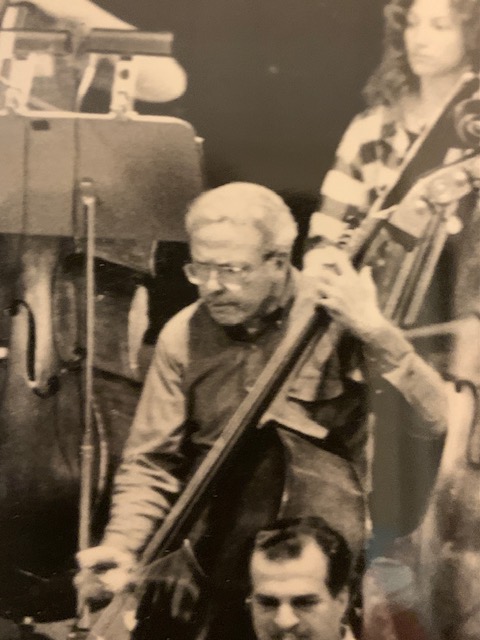MU strikes deal with Black Lives in Music
OrchestrasProceeding from a recognition that ‘less than 2% of orchestra musicians in the UK are from an ethnic minority’, the Musicians Union has agreed a series of remedial measures with the Association of British Orchestras and the pressure group Black Lives in Music.
The new plan aims to level the playing field through a range of actions, including revising audition processes, maximising trial periods and providing inclusivity training for audition panellists.
The full plan includes:
1 Regular open calls for Extras and Deputies
2 Inclusion of impartial external member(s) on audition panels (without voting rights)
3 All candidates required to audition before being offered a trial (candidates will not be invited to trial without prior involvement in full recruitment process)
4 Screened early round auditions
5 First round, (proper) auditions with both in person and online options
6 First main round auditions to include an unaccompanied/accompanied work and reasonable number of excerpts
7 Audition panellists to receive inclusivity training within the 3 month period prior to recruitment duties
8 Streamlined trial process: maximum trial period of 2 years for tutti and principal positions (appointments to be confirmed within 3 months of completion of all trials)
9 All audition panels to keep a thorough and robust record of auditions and decisions during the trial process; candidates should be assessed using a clearly defined scoring framework alongside a documented and robust anecdotal narrative
10 Anonymised application process.
Your thoughts?






Comments